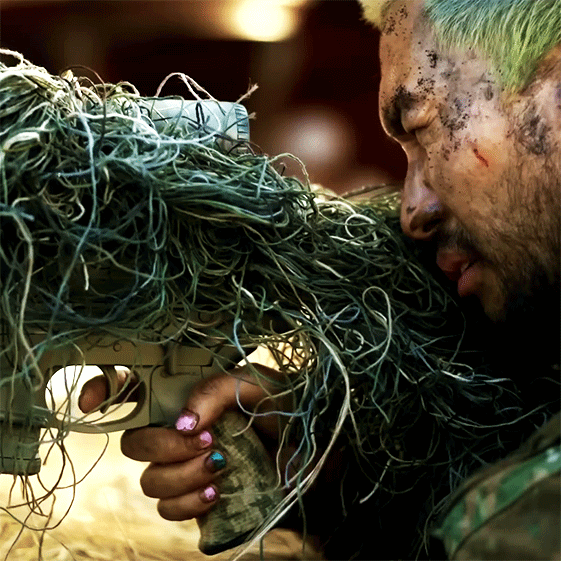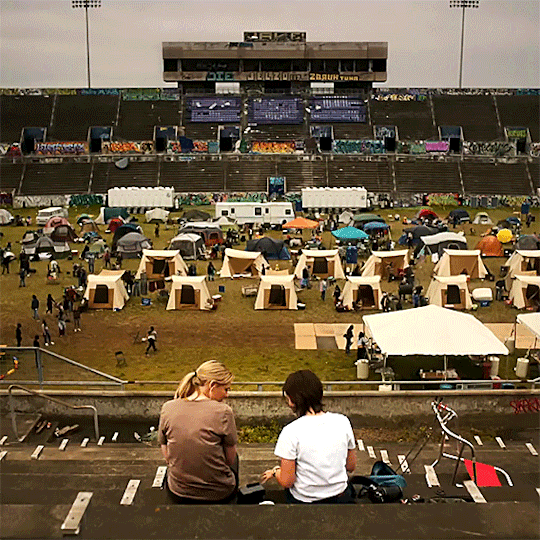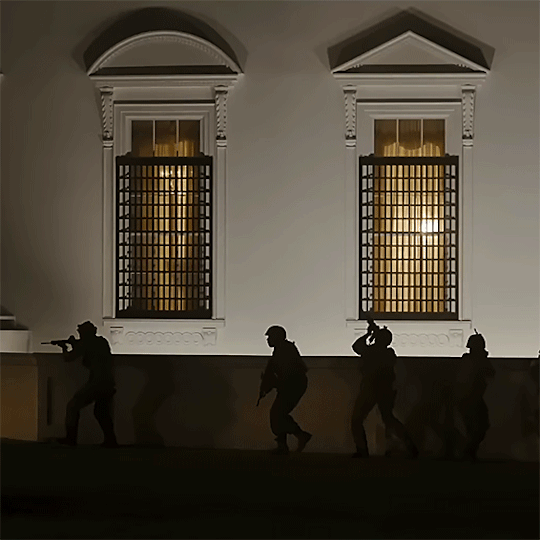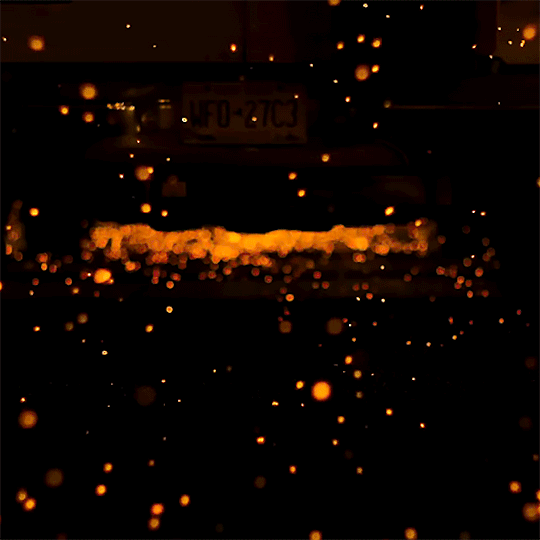Text
The answer to "are we in WW3" depends on when you consider WW2 to have started.
If you consider WW2 to have started when Hitler invaded Poland in 1939 then no, we're not in WW3. We're not at the state of major world powers declaring war on one another and mobilizing their militaries for direct conflict.
If you consider WW2 to have started when Japan invaded China in 1931 because Japan would later join the Axis and the fighting didn't stop until 1945 then maybe we're in WW3. It remains to be seen if the current conflicts around in the world will escalate into all-out war.
552 notes
·
View notes
Text
25 ways to be a little more punk in 2025
Cut fast fashion - buy used, learn to mend and/or make your own clothes, buy fewer clothes less often so you can save up for ethically made quality
Cancel subscriptions - relearn how to pirate media, spend $10/month buying a digital album from a small artist instead of on Spotify, stream on free services since the paid ones make you watch ads anyway
Green your community - there's lots of ways to do this, like seedbombing or joining a community garden or organizing neighborhood trash pickups
Be kind - stop to give directions, check on stopped cars, smile at kids, let people cut you in line, offer to get stuff off the high shelf, hold the door, ask people if they're okay
Intervene - learn bystander intervention techniques and be prepared to use them, even if it feels awkward
Get closer to your food - grow it yourself, can and preserve it, buy from a farmstand, learn where it's from, go fishing, make it from scratch, learn a new ingredient
Use opensource software - try LibreOffice, try Reaper, learn Linux, use a free Photoshop clone. The next time an app tries to force you to pay, look to see if there's an opensource alternative
Make less trash - start a compost, be mindful of packaging, find another use for that plastic, make it a challenge for yourself!
Get involved in local politics - show up at meetings for city council, the zoning commission, the park district, school boards; fight the NIMBYs that always show up and force them to focus on the things impacting the most vulnerable folks in your community
DIY > fashion - shake off the obsession with pristine presentation that you've been taught! Cut your own hair, use homemade cosmetics, exchange mani/pedis with friends, make your own jewelry, duct tape those broken headphones!
Ditch Google - Chromium browsers (which is almost all of them) are now bloated spyware, and Google search sucks now, so why not finally make the jump to Firefox and another search like DuckDuckGo? Or put the Wikipedia app on your phone and look things up there?
Forage - learn about local edible plants and how to safely and sustainably harvest them or go find fruit trees and such accessible to the public.
Volunteer - every week tutoring at the library or once a month at the humane society or twice a year serving food at the soup kitchen, you can find something that matches your availability
Help your neighbors - which means you have to meet them first and find out how you can help (including your unhoused neighbors), like elderly or disabled folks that might need help with yardwork or who that escape artist dog belongs to or whether the police have been hassling people sleeping rough
Fix stuff - the next time something breaks (a small appliance, an electronic, a piece of furniture, etc.), see if you can figure out what's wrong with it, if there are tutorials on fixing it, or if you can order a replacement part from the manufacturer instead of trashing the whole thing
Mix up your transit - find out what's walkable, try biking instead of driving, try public transit and complain to the city if it sucks, take a train instead of a plane, start a carpool at work
Engage in the arts - go see a local play, check out an art gallery or a small museum, buy art from the farmer's market
Go to the library - to check out a book or a movie or a CD, to use the computers or the printer, to find out if they have other weird rentals like a seed library or luggage, to use meeting space, to file your taxes, to take a class, to ask question
Listen local - see what's happening at local music venues or other events where local musicians will be performing, stop for buskers, find a favorite artist, and support them
Buy local - it's less convenient than online shopping or going to a big box store that sells everything, but try buying what you can from small local shops in your area
Become unmarketable - there are a lot of ways you can disrupt your online marketing surveillance, including buying less, using decoy emails, deleting or removing permissions from apps that spy on you, checking your privacy settings, not clicking advertising links, and...
Use cash - go to the bank and take out cash instead of using your credit card or e-payment for everything! It's better on small businesses and it's untraceable
Give what you can - as capitalism churns on, normal shmucks have less and less, so think about what you can give (time, money, skills, space, stuff) and how it will make the most impact
Talk about wages - with your coworkers, with your friends, while unionizing! Stop thinking about wages as a measure of your worth and talk about whether or not the bosses are paying fairly for the labor they receive
Think about wealthflow - there are a thousand little mechanisms that corporations and billionaires use to capture wealth from the lower class: fees for transactions, interest, vendor platforms, subscriptions, and more. Start thinking about where your money goes, how and where it's getting captured and removed from our class, and where you have the ability to cut off the flow and pass cash directly to your fellow working class people
52K notes
·
View notes
Text
Something I’ve noticed is that leftist movements tend to turn practical, thought out tactics that were part of a larger plan for liberation, and remove them from their context. Then we often use these tactics as symbolic ways to mark our distaste for empire and harken back to older movements. However, these tactics are often already accounted for by the system, and sometimes are actively encouraged as ways to harm our people and defang our processes.
Here is an example;
In the Civil Rights struggle, getting arrested en mass was seen as an important part of the process of freedom. The civil rights leaders realized that the areas they were in did not have large enough jails to confine them all, and that if they filled the jails up, the police simply could not confine everyone else in the movement. Getting arrested in coordinated ways was a noble and helpful sacrifice that kept your brothers and sisters from getting arrested. Due to less strict sentencing at the time, and the ability of the movement to scare the police into releasing people, getting arrested often wasn’t the utterly disabling and free-life ending process it is today. (That’s not to say getting arrested was easy on people; the police brutality of the time was incredibly intense.)
Those who spent time in jail were given almost a reverent status. That had gone through much suffering to keep others from the same fate. Often, their ability to taking confinement completely off the table for the rest of the activists is precisely what allowed for certain other actions to be successful. Paying for legal defense and moderate bail costs was something of a drain on the movements scant, resources but it could often be worth it due to the role arrests played.
However, the state responded to this, and turned it to their benefit. The next fifty years saw a prison boom. Now, economically deprived small towns were made to bid and beg for prisons to be built in there areas; not only to lock people up, but also because working at the prison was presented as one of the only jobs left in rural America. Additionally, thisdrove the labor minded population to be further in conflict with other movements in some areas.
As the capacity of the government to capture and confine increased, the capacity of the movement to fill up the jails and prevent further arrests did not. Now, the system was hungry for more and more bodies for its endless rooms. It further instilled and mechanized the capacity of prisons to force labor, undercutting labor movements. Sentences became longer, parole became stricter, fines and restitutions increased to exorbitant amounts. Those who went in for petty arrests often never came out.
But, the feeling that getting arrested was a noble and venerable goal did not leave the movement. Some transitioned tactics; instead of filling up the jails to allow others to act without recourse, they sought to get arrested in test cases, as they had seen work occasionally before. But this too became more and more difficult, as the legal system realized it did not have to play by its own rules. Slowly but surely, the legal mythology that because it is written and because it is fair, it will be ruled so, began to overtake the minds of activists; even as they failed time and time again to win this way, they still threw countless of their friends into the mouth of the enemy, and condemned them to life in prison.
Even this had become a shadow of itself by the 2000s and 2010s. Arrest became an aesthetic goal instead of a practical one. The most radical in the movements were culturally encouraged to throw their lives away for petty protests that none would see, and would have no material impact on the operations of the system of dominion. The reality that getting kettled at a non violent protest could land you with the same jail time as a political assassination did not dawn upon these activists until long after hey were already in jail, and already disconnected from the movement. Their friends would gather all their meager savings towards bail funds, oftentimes going into debt, or otherwise extracting money from the rest of the marginalized communities supportive of the activism. Those funds would then go to the government in the form of bail, and then right back towards operating the same policing systems that targeted them. In this way, the main economic output of the leftists movement of the time was to fund the very systems of policing that they sought to destroy; and to get themselves and each other locked in cages in the process. Instead of developing practical systems of change, radicals were taught to emulate key aspects of the tactics of prior generations that had specifically been recuperated into the goals of the state.
Those who saw the futility in this were readily pushed towards the defanged and self acknowledged pointless marches of the nonviolent liberal movement, which never had any goal other than to once again emulate the visual aesthetics and personal emotional fulfillment of past movements.
We see this pattern play out all the time. People insisting on the radical importance of a leftist print newspaper in a time when print journalism is dead. A fetishization of industrial unionism in a town where no factory has been for three generations. Arguments over whether to support long defunct governments and long dead leaders for some tactical benefit which will never arise from reality.
It is long past time for us to realize that the process of achieving human liberation does not come from symbolic actions, nor from following the playbook of past movements. We must learn our history, yes, but not to emulate it; instead we must learn it to understand its failures and its successes, and, most importantly, how our movement ancestors interacted with the material conditions of their time to create multifaceted plans that met the needs of their people and made successful guerrilla war upon dominion.
We need to imagine ways of making change that are suited to the times that we are living in, the problems we face, and the opportunities that we have. This utterly necessitates that we get deeply embedded into the places and communities around us, that we listen with open ears to the problems our people are facing, and that we fold those ever more towards opportunities of liberation and care for one another.
7K notes
·
View notes
Text
In a way, autistic infodumping can kinda be a compliment. If I infodump about a special interest to someone, it means "I feel safe and comfortable enough around you to be myself"
330 notes
·
View notes
Text
THE DIFFERENT TYPES OF AUTISTIC SPECIAL INTERESTS
The never-ending special interest: You've been passionate about this for years, you may not even remember how this one started. Regardless, this is something you'll love forever.
The recurring special interest: It comes and goes, often seemingly randomly.
The special interest of the week: You're passionate about something for a week until something else takes over. Can also be a recurring special interest.
The secret special interest: Something you love but tell nobody about. But you may talk about it online anonymously.
The special interest that's your entire personality: Most people you know will associate you with your love for this thing.
573 notes
·
View notes
Text
Shout out to Barnes & Noble for continuing to have a Pride section and for separating out into distinct categories and recognizing Aromantic and Asexual as part of the rainbow.

722 notes
·
View notes
Text
hopelessness and apathy are the biggest roadblocks to progress, imo.
choose defiant optimism instead! become part of the 3.5% needed to actively participate in a movement to create change!
i promise you that doing *something* will feel better than doing nothing at all. doing something, anything, will always feel better than hanging around online in comment sections spreading hopelessness.
join in, participate, be part of a community, volunteer (even if all you have the energy/time for is online!), let your actions match up with what you say your values are.
you're going to feel better because of it, and it's going to give you the energy & motivation you need to keep going. you just have to start.
180 notes
·
View notes
Photo

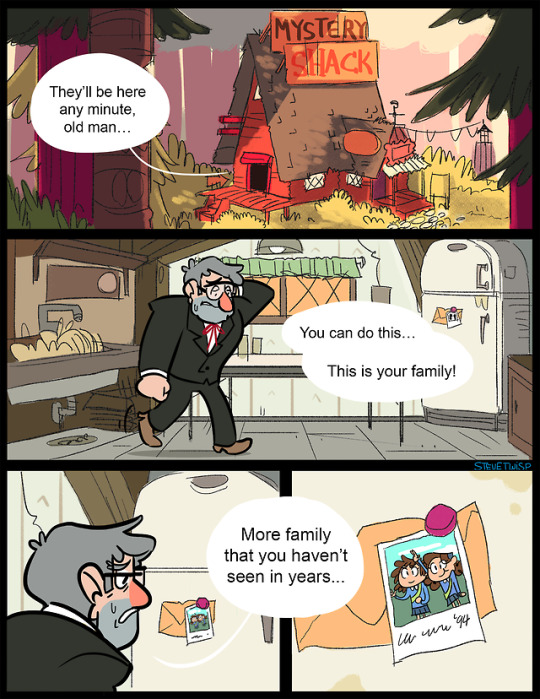
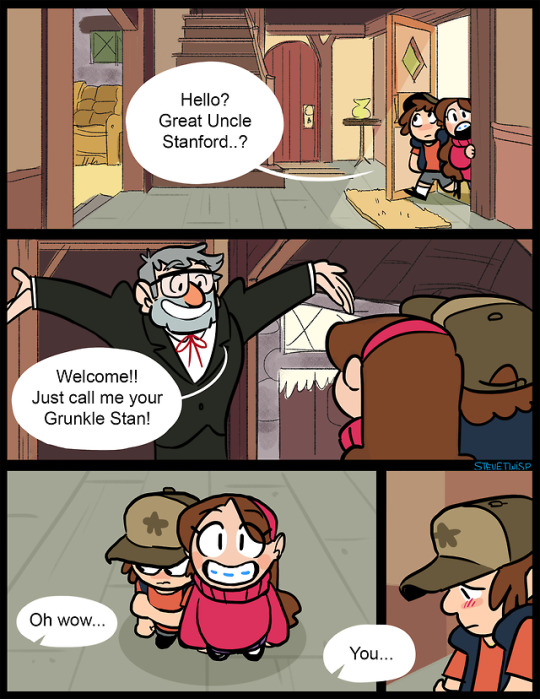
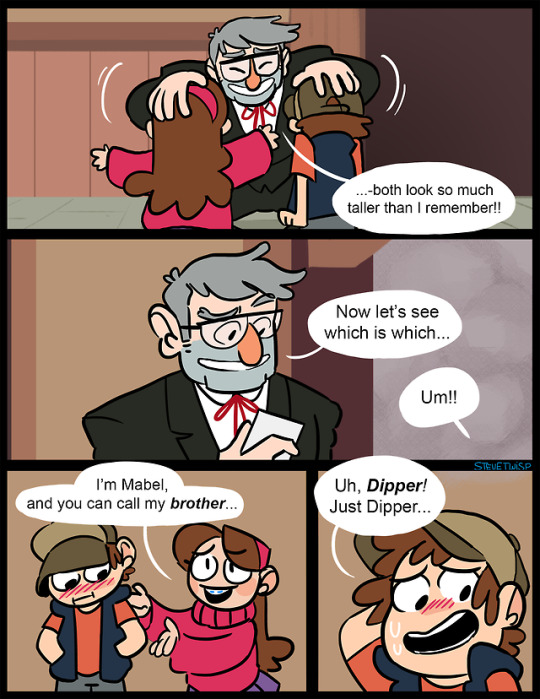
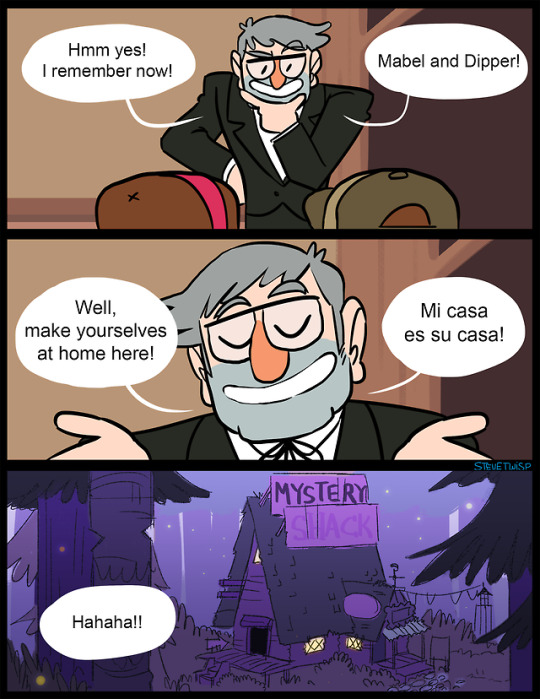
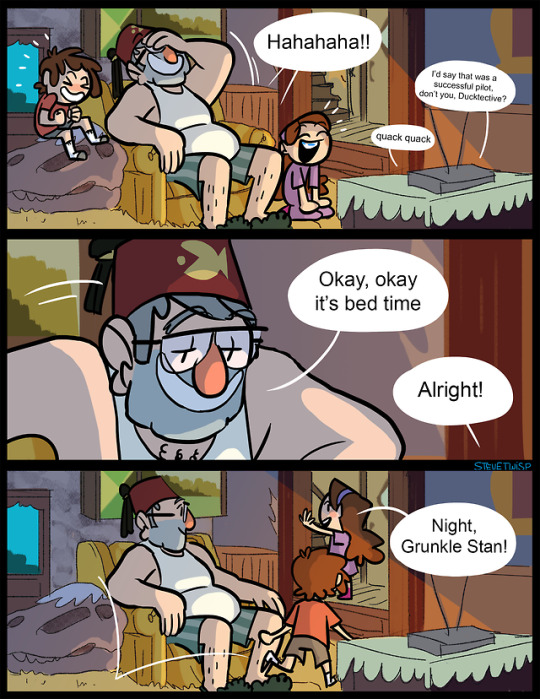
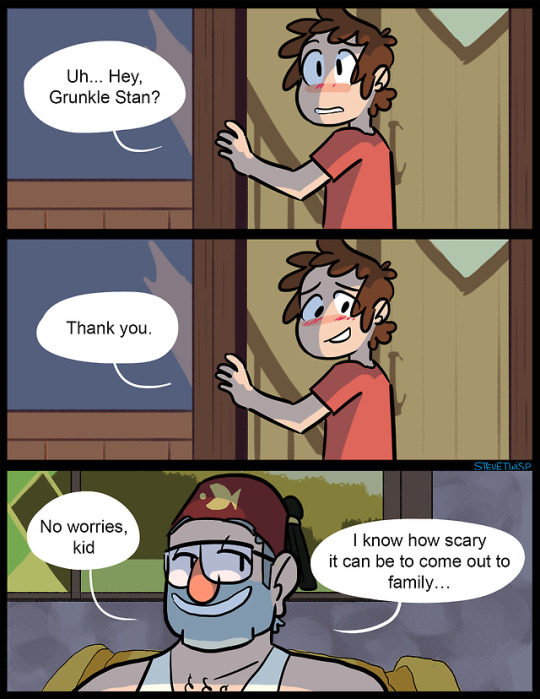
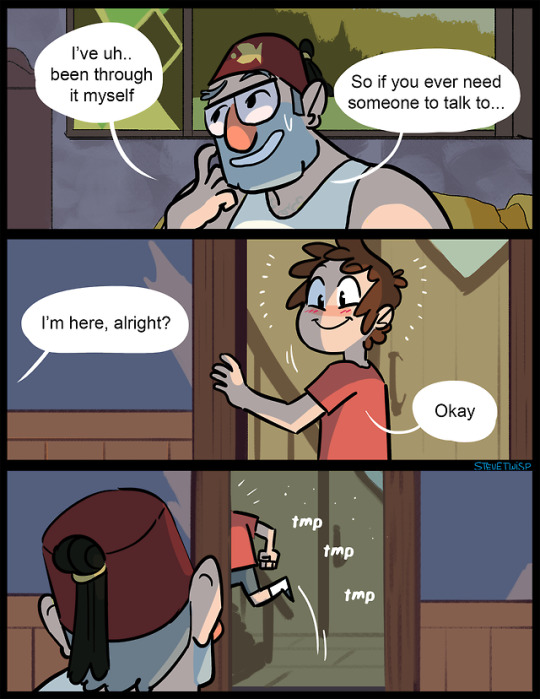
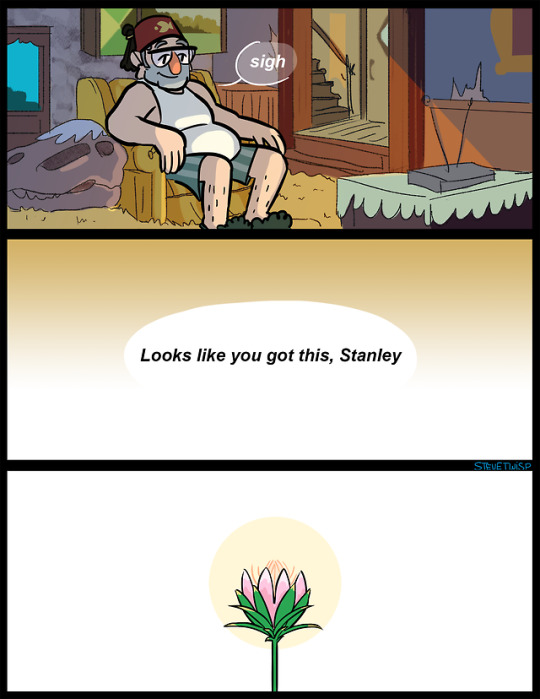
uhhh happy thanksgiving? happy november!
46K notes
·
View notes
Text
hey. hey c’mere.
what if the argument between Dipper’s parents he wasn’t supposed to hear was about him because his egg had recently cracked and their “daughter” has started dressing more masculinely and Mabel helped whack off “her” hair one night in the bathroom with craft scissors and “she” has started saying “she” likes names like Tyrone and Mason and “she” is getting picked on for it and the Pines parents have been getting called into school and don’t really know what to do with their trans preteen and they’re stressed and Dipper’s problems at school were the straw that broke the camel’s back and even though he was just the topic and not the cause of the argument, he can’t help but feel like he might be driving his parents to divorce simply by trying to be himself because he’s a ball of anxiety and even though he sees a summer with his weird great uncle in a town where no one knows him as the perfect opportunity to experience some gender euphoria for the first time, he still feels guilty for being a source of tension, and that guilt manifests as delicacy around his perceived masculinity. Do you guys ever think about that?
1K notes
·
View notes
Text
dipper with transphobic parents worried grunkle stan is also gonna be transphobic and then he and mabel pull up to gravity falls and stans got a he/him pin on and is all just call me your grunkle trans!!! am. am i doing this right soos.
282 notes
·
View notes
